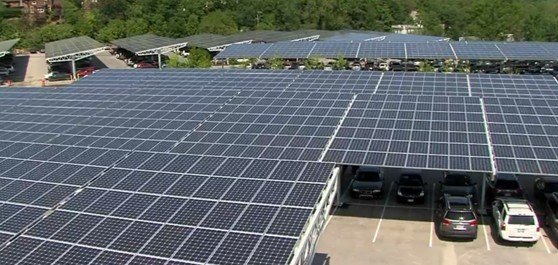NW-Bound
Give me a museum and I'll fill it. (Picasso) Give me a forum ...
- Joined
- Jul 3, 2008
- Messages
- 35,712
Not to mention that without fossil fuel it will be nearly impossible to produce enough biofuel for the jets. Agriculture is highly dependent on fossil fuel for machinery and the production of nitrogen fertilizer.
Our great-grandchildren will read about our air travel and cruise trips, while living in caves.


